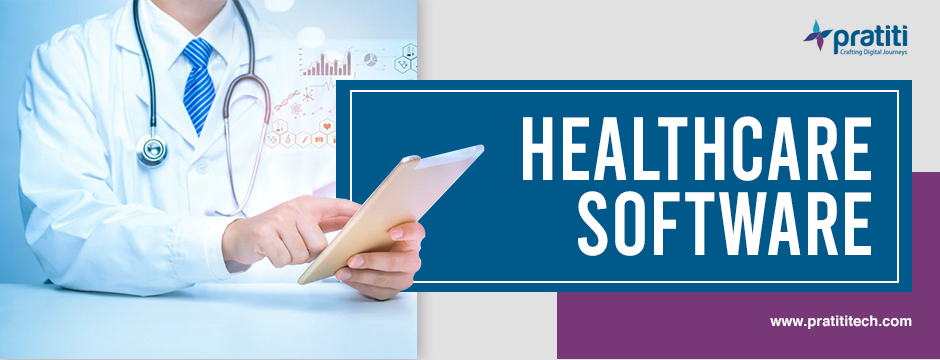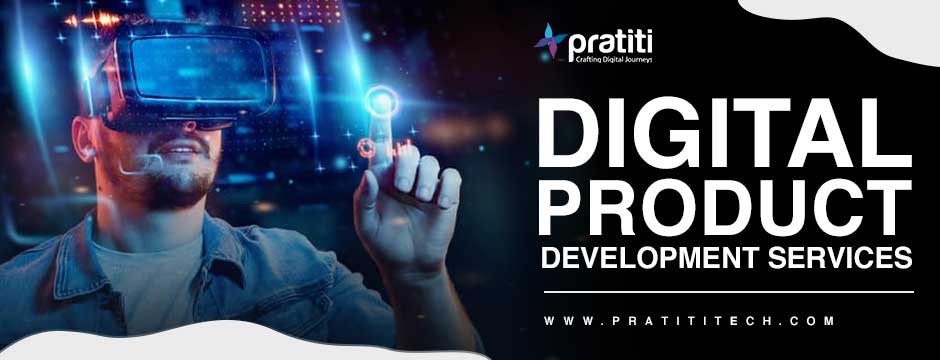The 5 most prominent ways AI/ML is redefining the entire healthcare industry
The
global healthcare industry is embracing some form of artificial intelligence
and improving its operations. Research says by the end of 2025, nearly 50% of healthcare
organizations are going to implement some kind of AI into their everyday
operations. McKinsey estimates that only in the United States, leveraging these
advanced technologies like AI/ML in the pharmaceutical industry will generate
nearly $100B annually. Healthcare software development companies are playing a crucial role in supporting and
accelerating this massive technological shift. AI and ML are being used for R
& D and drug discovery. They will capture more as digital transformation
capabilities are accelerating globally.
ML
and AI are shaping the healthcare industry in a broad scenario. Let’s divide
the entire scenario into some points for better understanding.
- Identifying diseases and diagnosis
Due
to continuously growing populations and increased life expectancy, healthcare
systems are getting overburdened. As a result, the infrastructure is becoming
under-resourced, and medical professionals are not getting the equipment to
face the new challenges. Thankfully, medical professionals are working on
machine learning models so that they can predict disease susceptibility or help
in the early diagnosis of diseases and illnesses.
Feebris
is a UK-based technology startup. It uses AI algorithms for better detection of
complicated respiratory conditions. It works by connecting existing medical
sensors and can be easily used by non-medical professionals to detect
respiratory issues early, avoiding further complications and hospitalizations.
- Medical imaging diagnosis
According
to IBM researchers, medical images are the big data source in the healthcare
industry. ML is able to process large amounts of medical images at rapid
speeds. ML models can be trained accordingly to be extremely precise in
identifying mini-schedule details in MRIs and CT scans. Leading healthcare
companies like Sophia Genetics, Zebra medical, and Enlitic have generated their
own ML algorithm-based analysis of all types of medical imaging reports. They
can better diagnose malignancies or abnormalities with a higher accuracy rate
than healthcare professionals.
- Robotic surgery
Robotics
is simply changing the way surgeries are performed today. It is really
surprising to know that the da Vinci robot is created to facilitate complex
surgery using a minimally invasive approach. It effectively reduces the
duration of surgeries as well as hospital stays. It is effective for both
medical professionals and patients. It will be unfair if other robotic tools
are not mentioned here. Mazor in spine and neurology, Stereotaxis in cardiac
catheterization, Accuracy in cancerous tumor irradiation, etc., are constantly
improving surgical outcomes for thousands of patients. Even nowadays, dental
implants and hair transplants are being efficiently performed by surgical
robotics today.
- Personalized medicine
To
develop personalized treatment, having a large amount of personal data is
important. Infusing AI and ML to multiple data sources, now it’s really easy to
collect electronic health records, genetic data, sensors/wearables data, and
environmental and lifestyle data. You can see that IMB Watson Oncology is
making great strides for cancer treatment by accessing deeper patient medical
history to help generate multiple treatment options.
- Drug development
According
to advanced healthcare software development companies, the great thing about ML is that you can apply it at
all stages of new drug discovery. For new drug discovery, ML also helps in
designing the chemical or protein structure of drugs, target validation,
investigating drug safety, and even managing clinical trials. On the other
hand, ML in drug discovery can help the industry to lower the cost of
introducing new drugs to the industry along with making the discovery process
faster.
If
you are planning to embrace ML in your healthcare organization and take the
entire system to a whole new level. But the amount of benefits solely depends
on the healthcare software
development company you choose. To get smart applications powered by AI and ML,
it’s really important to hire a healthcare software company like Pratiti
Technologies. To get more information on AI/ML and how to leverage these
technologies via software applications, it’s the right time to have a
consultation with Pratiti Technologies.
.jpg)
.jpg)



Comments
Post a Comment